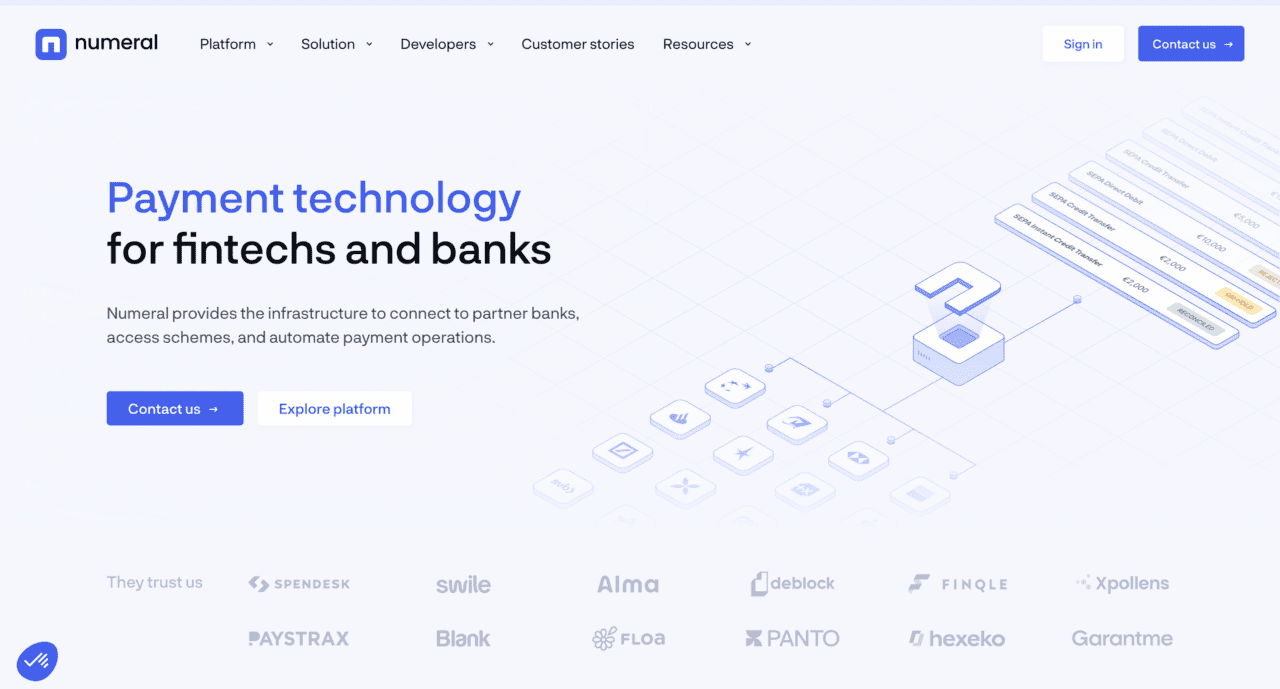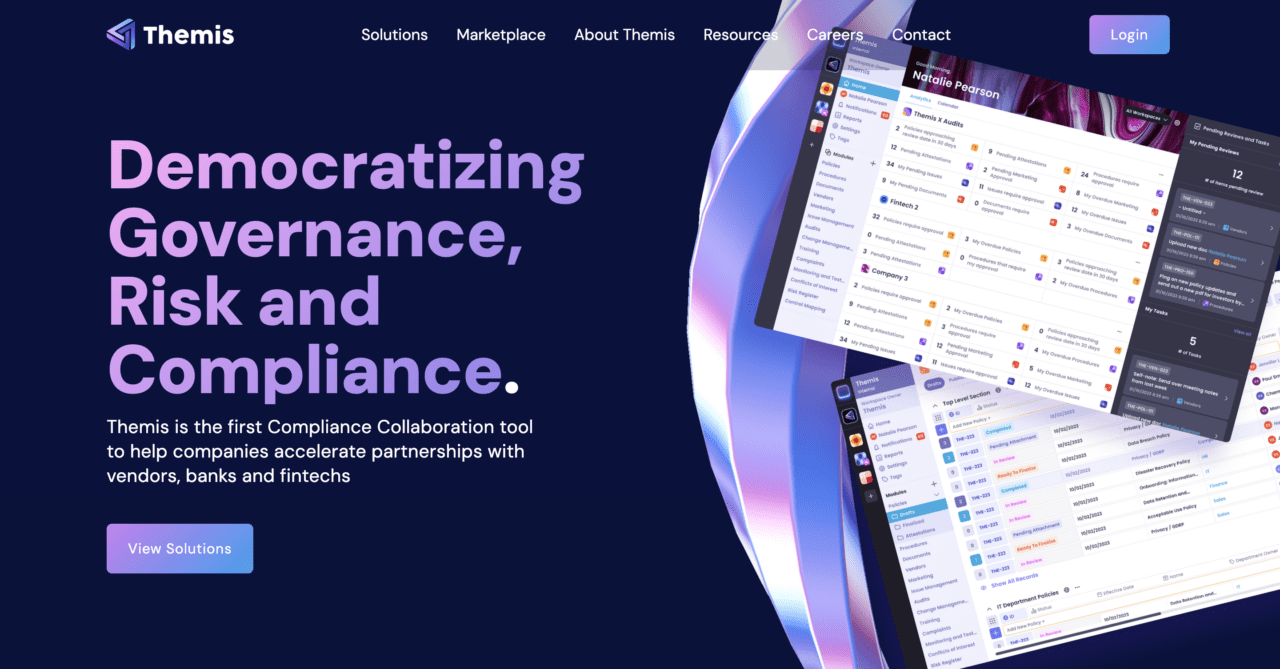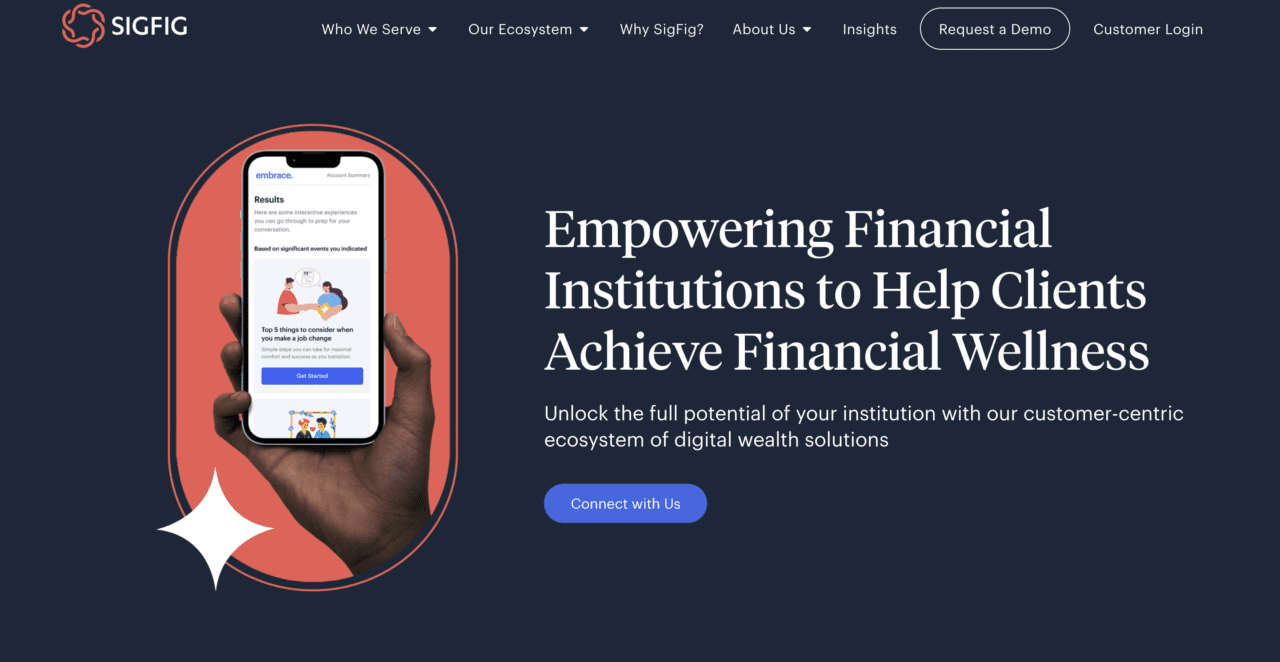
- Community Bank & Trust selected ValidiFI to help verify bank account ownership and possession for prospective borrowers.
- Community Bank & Trust will leverage ValidiFI’s vAuth to verify bank account status and account ownership and possession for its Tax Refund Advance loan program.
- ValidiFI was acquired by alternative bank and payment data firm Ribbit last June.
Risk mitigation and compliance solution provider ValidiFI announced this week that Community Bank & Trust selected its technology to help verify bank account ownership and possession for potential borrowers.
Community Bank & Trust will leverage ValidiFI’s vAuth to verify bank account status and account ownership and possession for its Tax Refund Advance loan program. Using vAuth will allow Community Bank & Trust to make real-time, accurate approval decisions. The bank will also have more visibility into scams from fraudulent bank accounts, and will ultimately allow Community Bank & Trust to meet customer lending needs quickly.
“Partnering with ValidiFI and implementing their vAuth technology is a natural progression in enhancing our Tax Refund Advance loan program,” said Community Bank & Trust President & CEO Steve Jefferies. “This collaboration allows us to verify account ownership and possession with unparalleled accuracy and speed, ensuring our customers can access their funds quickly and securely while we mitigate the risks associated with fraudulent accounts.”
ValidiFI was founded in 2014 to offer predictive bank account and payment intelligence. The Florida-based company leverages workflow automation company Omni Platform to offer organizations and financial institutions actionable insights. ValidiFI analyzes connections between bank accounts, consumers, and payment performance to help validate bank accounts, detect fraud, and assess credit risk.
“We are excited to be able to help Community Bank & Trust ensure applicants have current authorized access to an account leveraging our real-time microdeposit solution,” said ValidiFI CEO Greg Rable. “This cutting-edge technology enhances the accuracy and security of the verification process, helping to ensure that every applicant is properly validated.”
ValidiFI was acquired by alternative bank and payment data firm Ribbit last June. Greg Rable is CEO.















